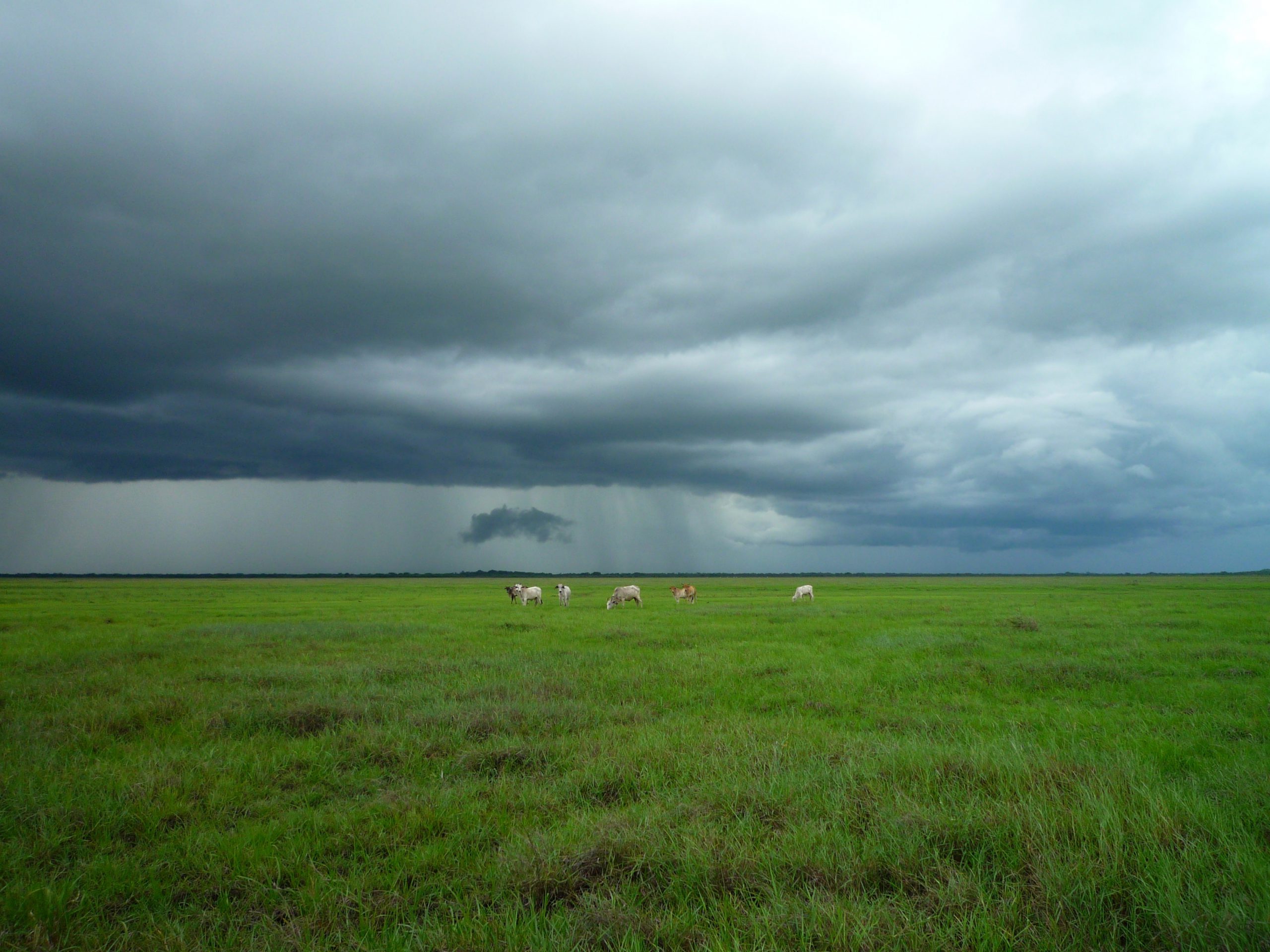
I have yet to read a verse in the Bible that says, "Church planters are not shepherds." In fact, I have not read any verse in the Bible that even contains a list of qualifications for a "church planter." I have, however, read 1 Tim 3:1-7 and Titus 1:5-9. As we all know, these verses contain in them the qualifications of a pastor/elder. In these two passages, Paul does not tell us what a shepherd does but tells us who the shepherd is to be. As we keep that in mind, let's now learn from the Apostle Peter. In 1 Pet 5:1-11, the apostle/elder tells us what a pastor/elder is to do. The elders are to "shepherd the flock of God that is among you" (1 Pet. 5:2). As a church planter, I must understand that I am a pastor, and therefore a shepherd. My desire is to plant Christ Church Carbondale through shepherding. I want to make the case that the best church planting strategy is “planting through shepherding.” I pray that these following priorities of the planter/shepherd will help you both escape modern ministry hoopla and gain perspective on what your priorities are as a planter/shepherd.
- Know the Gospel well.
As a planter/shepherd, you have to rest in the Gospel. Your heart may be like mine, shifting from confidence to panic from week to week. As planter/shepherds, we must, through the power of the Holy Spirit, rest in and be empowered by the finished work of Christ in every area of life. - Shepherd your own family well.
I think it was Jared Wilson who said, "You can sacrifice your family on the alter of ministry, but you can also sacrifice ministry on the alter of family." The planter/shepherd does not want to overstate nor understate the importance of family; however, the Bible is clear—if we cannot shepherd the family, we cannot shepherd the church. - Prayer and gospel-centered expositional preaching and teaching of the Bible must be your work.
This is what a Biblical shepherd does. We do the work of prayer and ministry of the Word. This priority cannot be relegated to a small part of our life. If the planter/shepherd finds himself so involved with the city counsel that he cannot pray and study, then he needs to step back and remember the priority of the Word. - The planter/shepherd must model Biblical friendship through the relationships with your other elders or leaders.
I have heard many pastors talk about how lonely they are. This should not be the case. We must not model relational width for our people all the while pleading for them to have relational depth. The planter/shepherd, along with the elders, show the congregation what friendship, accountability, and the pursuit of rest in Christ looks like. - Disciple 6-8 men a year.
Who are you discipling, and who is discipling you? This is a question that the planter/shepherd needs to be able to answer. Set up weekly meetings to go through the Bible together. We must remember that it is ultimately God who makes disciples, so he can use our busted up or less-than-perfect methods to grow the people we are discipling. - Get to know your people.
Do you have people over to your house? Do your people invite you over to their house? Get to know the people who are entrusted to you. I have met far too many pastors that never invited people over and rarely get invited in. Take someone out for coffee. Make some phone calls. Get to know your people. - Be faithful in wedding, funeral, and hospital responsibilities.
These simple shepherding tasks will not make most church planting manuals; however, for the planter/shepherd, these tasks need to be done with your mind and heart engaged.
I consider myself to have four churches. These four churches share my time, with one getting the most and three getting the least. My family is my first church, the elders are my second, the men I disciple come in third, and the broader church is my fourth. I believe this is none other than regulative principle planting/shepherding. The people do not need visionaries or prophets. They need gospel-centered planter/shepherds. Escape the hoopla and step into the long view of planting by planting through shepherding.

